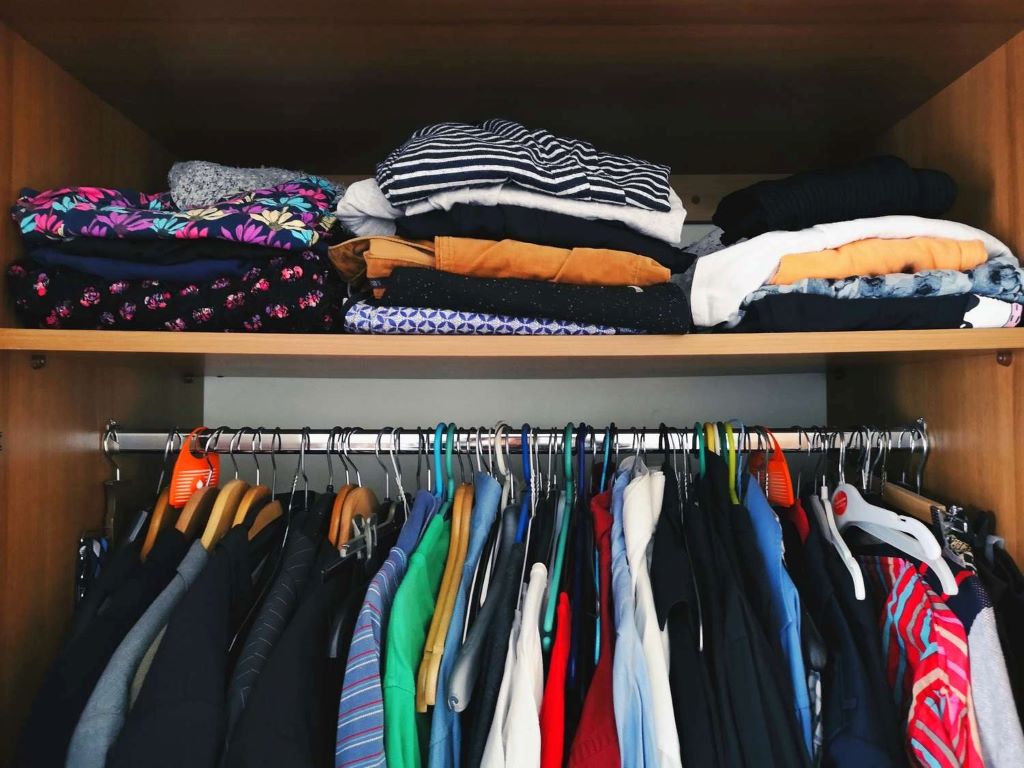Humidity in closets can create a musty smell that clings to clothes and linens, making your wardrobe feel less fresh. Fortunately, natural solutions can effectively eliminate these odors without relying on harsh chemicals. This article, inspired by insights from Home Decorations Tips, explores practical, eco-friendly methods to tackle humidity smells and keep your closet fresh. By using simple household items and proper ventilation techniques, you can maintain a clean, odor-free closet year-round.
Understanding Humidity and Its Impact on Closets
Closets are often small, enclosed spaces with limited airflow, making them prone to dampness. When moisture builds up, it fosters mold and mildew, which produce that unpleasant musty odor. High humidity levels, especially in warmer climates or during rainy seasons, exacerbate the problem. Addressing the root cause of humidity is key to eliminating smells naturally. For expert advice on what will help humidity in closet, consider implementing preventive measures alongside odor removal techniques to protect your belongings.
Why Choose Natural Solutions?
Natural methods are safe, cost-effective, and environmentally friendly. Unlike chemical air fresheners, which may mask odors or release harmful compounds, natural solutions absorb moisture and neutralize smells. Additionally, they’re easy to source from your kitchen or local store. By opting for these methods, you ensure a healthier home environment while keeping your closet fresh.
Effective Natural Methods to Remove Humidity Smell
Here are several proven ways to eliminate musty odors from your closet using natural ingredients and techniques. Each method is simple to implement and requires minimal effort.
Use Baking Soda to Absorb Odors
Baking soda is a powerful odor neutralizer. It absorbs moisture and eliminates musty smells without leaving a scent. Place an open container filled with 1-2 cups of baking soda on a closet shelf. Alternatively, sprinkle it directly onto the closet floor and vacuum it up after a few days. Replace the baking soda every 1-2 months for consistent results. This method is affordable and widely recommended by home care experts.
Try Activated Charcoal for Odor Elimination
Activated charcoal is another excellent option for tackling humidity-related smells. It works by trapping odor-causing particles and moisture in its porous structure. Place charcoal briquettes or a bag of activated charcoal in your closet. For best results, position it near the source of the odor, such as a damp corner. Replace or recharge the charcoal by placing it in sunlight every few months. This method is highly effective and chemical-free.
Utilize White Vinegar for Deep Cleaning
White vinegar is a natural deodorizer and disinfectant. Its acidic nature breaks down mildew and neutralizes odors. Mix equal parts water and white vinegar in a spray bottle. Lightly mist the closet’s walls, shelves, and corners, then wipe them down with a clean cloth. For stubborn smells, place a bowl of undiluted vinegar in the closet overnight. The odor will dissipate as the vinegar evaporates. Always ensure proper ventilation when using this method.
Incorporate Natural Absorbers Like Rice or Cat Litter
Uncooked rice and unscented cat litter are surprisingly effective at absorbing moisture. Fill a breathable cloth bag with rice or cat litter and place it in your closet. These materials draw in dampness, reducing the conditions that cause musty smells. Check and replace them every few weeks to maintain their effectiveness. This approach is especially useful in humid climates.
Add Essential Oils for a Fresh Scent
Essential oils like lavender, tea tree, or eucalyptus add a pleasant fragrance while combating mold and mildew. Mix a few drops of your chosen oil with water in a spray bottle and lightly mist your closet. Alternatively, soak a cotton ball in essential oil and place it in a corner. Be cautious not to overuse oils, as they can stain fabrics. This method enhances the closet’s freshness naturally.

Preventing Humidity in Your Closet
Eliminating odors is only half the battle; preventing humidity buildup is crucial for long-term freshness. Here are practical steps to keep your closet dry and odor-free.
Improve Air Circulation
Poor ventilation traps moisture, so increasing airflow is essential. Leave your closet door open for a few hours daily to promote air exchange. If possible, install a small vent or use a portable fan to circulate air. According to Good Housekeeping, proper ventilation is one of the most effective ways to prevent dampness in enclosed spaces.
Use a Dehumidifier
A small, natural dehumidifier, such as a silica gel pack or a commercial moisture absorber, can significantly reduce humidity. Place these in your closet and replace them as needed. For larger closets, consider a compact electric dehumidifier for consistent moisture control. These devices are energy-efficient and easy to maintain.
Organize Your Closet to Reduce Clutter
Overcrowded closets trap moisture and restrict airflow. Keep your closet organized by spacing out clothes and avoiding overpacking. Use breathable storage solutions like cotton bins instead of plastic containers, which can trap dampness. Regularly declutter to ensure air circulates freely, reducing the risk of mold growth.
Check for Leaks or Dampness
Inspect your closet for signs of water leaks or damp walls, especially if it shares a wall with a bathroom or exterior surface. Addressing these issues promptly prevents humidity buildup. If you notice persistent dampness, consult a professional to assess your home’s structure, as recommended by Realtor.com.
Maintaining a Fresh Closet Year-Round
Consistency is key to keeping your closet odor-free. Rotate natural absorbers like baking soda or charcoal regularly. Clean your closet monthly by wiping down surfaces and vacuuming the floor. Additionally, wash or air out stored clothes and linens to prevent trapped moisture. By combining these habits with natural odor eliminators, your closet will stay fresh and inviting.
Conclusion
Removing humidity smells from your closet naturally is simple and effective with the right methods. Baking soda, activated charcoal, white vinegar, rice, and essential oils offer affordable, eco-friendly solutions to neutralize odors. Pair these with preventive measures like improving ventilation, using dehumidifiers, and organizing your closet to maintain a fresh environment. By following these steps, you can protect your clothes and keep your closet smelling clean without relying on chemicals.
Frequently Asked Questions
What causes musty smells in closets?
Musty smells are caused by excess moisture, often from poor ventilation, leaks, or high humidity, leading to mold and mildew growth.
How often should I replace baking soda in my closet?
Replace baking soda every 1-2 months or when it stops absorbing odors effectively. Check regularly for best results.
Can I use scented products to remove humidity smells?
Scented products may mask odors but don’t address moisture. Use natural absorbers like charcoal or vinegar for better results.
Are natural methods safe for all closet materials?
Yes, natural methods like baking soda and vinegar are generally safe. Test essential oils on a small area to avoid staining delicate fabrics.
How can I tell if my closet has a humidity problem?
Signs include musty odors, visible mold, damp walls, or condensation. Use a hygrometer to measure humidity levels accurately.




